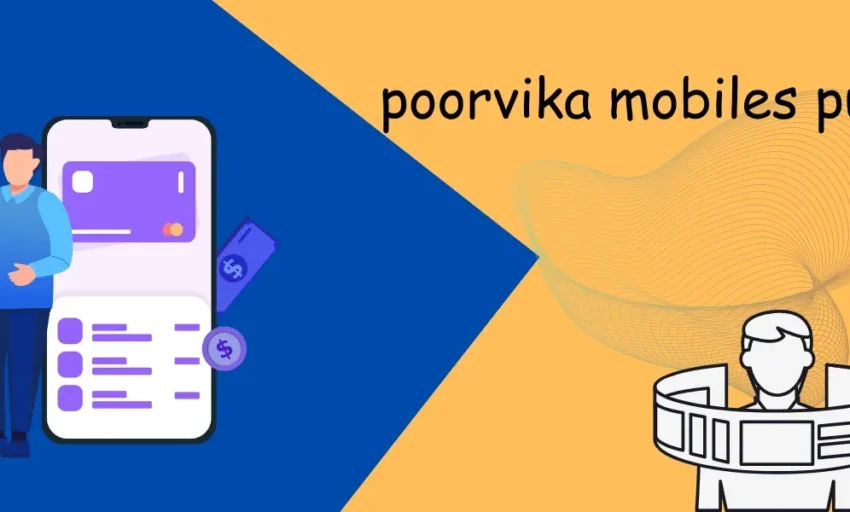Web Scraping for IP Protection
Whether you heard of web scraping before or not, let’s say something about what web scraping is. This is a way of gathering immense amounts of web data from various websites. Since it’s almost impossible to do web scraping on a larger scale manually, specific programs will do web scraping for you.
Before going further, let’s explain two main actions in web scraping:
- Crawling – The first step is to set up a program and enter all links and keywords you would like your program to crawl. This software browses the web and searches for relevant information. It stores all valuable links in one place and passes them on to a scraper.
- Scraping – After successful crawling, it’s time for the second step. All gathered links and data go through the scraping process, which analyses the data and singles out only the desired information.
With this process, you can gain some knowledge or valuable data in just a matter of seconds. What would manually take you weeks or even months, crawling and scraping can do it in minutes.
How Proxies Can Improve Scraping
Because some companies want to protect their data as much as possible, web scraping can be intermittent or stopped with a couple of possibilities. One of these, and used by the majority of websites, is IP blocking.
If you visit a specific webpage too many times, your IP address can become suspicious. So, you could get restricted access or even get blocked. You can visit the page for a limited time or a limited number of times, or you can’t visit the webpage at all. But, there is a simple solution to this issue.
By getting proxies, your real IP address is masked, and it’s impossible to trace your address and pinpoint it to an exact location. Proxies provide you with many different IP addresses, so you can use them interchangeably without ever getting caught by IP blockers. With this, you can get unlimited access to all web pages from all around the world.
Not only that, but you can even process data inaccessible in your real country. You can choose from which location you access and gather the information unavailable in your real geographical location.
What is IP Protection
Intellectual property protection, or IP protection, is a way to protect an original idea, product, or service. IP protection secures something originally made or thought of and prevents it from theft. There are three possible ways of doing so, including patent, trademark, and copyright.
Depending on what people invent or create, they can choose from these three to make sure they gain financial means and earn recognition for their effort. Or, if they come across someone violating these rights, seek justice by law as well. The three possible options for IP protection are:
- Patent – It’s used for functional or aesthetic protection. This isn’t strictly related to a physical object but rather to an idea. Whether you created a new way of machine-work or a new design, you can protect it by patenting it.
- Trademark – It’s used for brand protection. Whether this is a brand name, slogan, symbol, or logo, you have a right to protect anything associated with your brand by trademarking it.
- Copyright – It’s used for protecting inventions of a more artistic nature. This includes movies, books, songs, and designs of all sorts.
How Web Scraping Can Help Protect Intellectual Property

Web scraping is not only used for gathering various data from your competitors. If you want to efficiently get intellectual property protection and defend it from possible theft, you can always use web scraping.
Imagine you’re working on something unique and want to be recognized for it, and some people try to imitate it. You can’t precisely know how big your brand is and which countries it reached.
That’s why you should use proxies and web scraping to go through all websites working in a similar field or a field somewhat related to yours and immediately spot the crime. With web scraping, you can go through millions and even billions of datasets in a blink of an eye, protect your IP, and bring justice to anyone not respecting that.
Using web scraping to detect and prevent crimes can be fairly simple. You can use image screening to scrape all image data and determine whether someone copied your image or text scraping to find out if someone plagiarized your text. Read more about intellectual property protection on the Oxylabs website.
Conclusion
By using web scraping, you can get intellectual property protection all over the globe. This technique is doing the work, and all you need to do is tell the software what to look for. Web scraping makes the whole process of monitoring IP more comfortable and more efficient, so you can act if someone violates the law.




